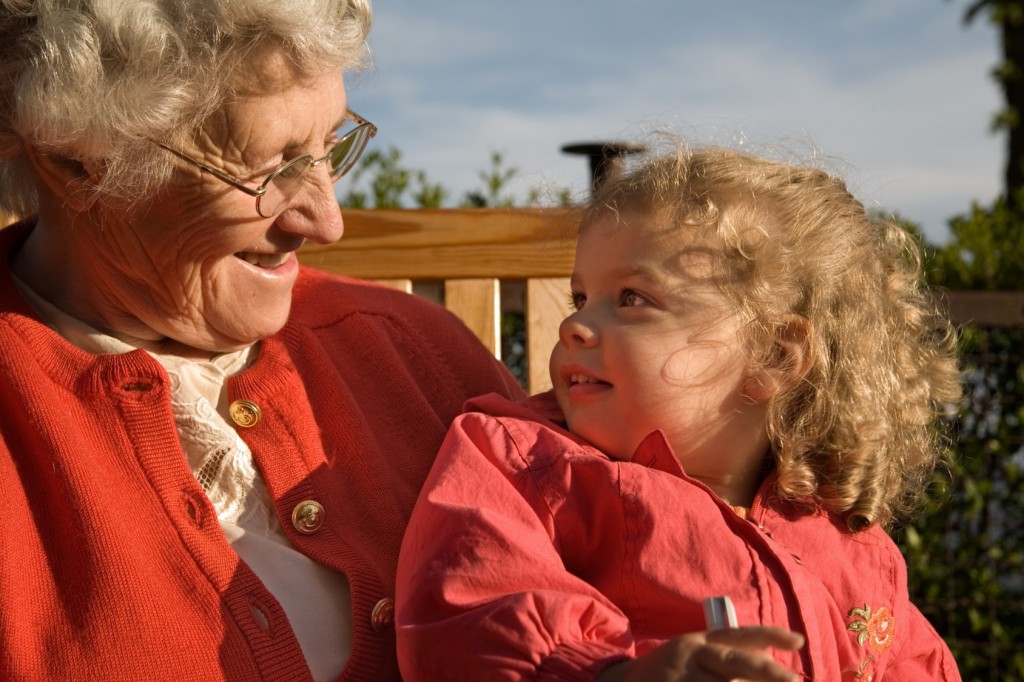
End-of-life care, a compassionate and specialized approach to supporting individuals nearing the end of their lives, holds immense significance in healthcare. It prioritizes the physical, emotional, and spiritual well-being of patients and their families during a profoundly challenging period. In this article, we'll explore why end-of-life care is crucial and the many ways it impacts the lives of those it serves.
Ensuring comfort and dignity
Pain and symptom management: End-of-life care places a strong emphasis on effectively managing pain and symptoms associated with serious illnesses. Patients experience comfort, allowing them to retain a sense of control and dignity in their final days.
Find YOUR ideal care home NOW!
Quality of life: Focusing on improving the quality of life for patients is paramount. By addressing physical, emotional, and social needs, end-of-life care helps individuals make the most of their remaining time, fostering a sense of fulfillment and closure.
Emotional and psychological support
Coping with the emotional burden: Patients and their families often grapple with fear, anxiety, and grief when facing a terminal diagnosis. End-of-life care provides emotional and psychological support, helping individuals navigate these complex emotions and providing a safe space for expression.
Communication and decision-making
Informed choices: Open and honest communication between healthcare providers, patients, and their loved ones is critical. End-of-life care ensures that patients and families are well-informed about treatment options and end-of-life decisions, empowering them to make choices aligned with their values and wishes.
Hospice care
Specialized care: Hospice care, a subset of end-of-life care, offers comfort, support, and symptom management for patients with a life expectancy of six months or less. It often takes place in the patient's preferred setting, whether at home or in a hospice facility.
Respecting diversity
Cultural and spiritual considerations: End-of-life care respects and acknowledges the diverse cultural and spiritual beliefs of each patient. Chaplains or spiritual counselors may be available to provide guidance and support in accordance with the patient's preferences.
Supporting families and caregivers
Caring for caregivers: The physical and emotional toll on family members and caregivers can be overwhelming. End-of-life care extends support to those who are caring for their loved ones, offering respite care and resources to help them cope.
Bereavement support
Grief and loss: End-of-life care recognizes that grief and loss are integral to the end-of-life journey. Many programs offer bereavement support to help family members and friends cope with the emotional aftermath and navigate the grieving process.
| Key Aspect | Description | Purpose |
|---|---|---|
| Pain and Symptom Management | Focus on controlling pain and alleviating discomfort through medication and holistic therapies. | Ensures comfort and preserves dignity in the final days. |
| Emotional and Psychological Support | Provides counseling and therapy to help patients and families cope with fear, grief, and anxiety. | Offers a safe space for emotional expression and healing. |
| Informed Decision-Making | Encourages open discussions about treatment options, advance directives, and personal wishes. | Empowers patients and families to make choices that reflect their values. |
| Hospice Care | A specialized form of care for those with a life expectancy of six months or less, focusing on comfort. | Ensures dignified and personalized end-of-life care. |
| Cultural and Spiritual Considerations | Incorporates spiritual advisors, religious ceremonies, or rituals based on patient preferences. | Honors diverse backgrounds and beliefs in the dying process. |
| Family and Caregiver Support | Provides resources, counseling, and respite care for caregivers. | Prevents burnout and ensures family members receive emotional support. |
| Bereavement Support | Continued emotional and psychological support for families after the patient’s passing. | Helps loved ones navigate the grieving process. |
End-of-life care is not just about managing symptoms; it's about ensuring that individuals and their families experience their final days with dignity, comfort, and emotional support. By addressing physical and emotional needs, respecting cultural and spiritual beliefs, and providing guidance and bereavement support, end-of-life care plays a crucial role in helping individuals and their loved ones face the end of life with grace and compassion. It is a testament to the commitment of healthcare professionals to enhance the quality of life, even in the most challenging circumstances.
FAQ:
1. What is the difference between hospice care and end-of-life care?
End-of-life care refers to the broad range of services that improve comfort and dignity for those with terminal illnesses, whereas hospice care is a specific type of end-of-life care designed for patients with six months or less to live.
2. How does palliative care differ from end-of-life care?
Palliative care can begin at any stage of a serious illness and may include curative treatments. End-of-life care is provided when curative treatments are no longer an option, focusing entirely on comfort and quality of life.
3. What kind of emotional support is available for families?
Families can access counseling, bereavement support, and caregiver assistance programs to help them cope with stress, grief, and emotional burdens.
4. Can end-of-life care be provided at home?
Yes, many hospice and palliative care programs offer home-based services, allowing patients to spend their final days in familiar surroundings.
5. Is end-of-life care covered by the NHS in the UK?
Yes, NHS Continuing Healthcare (CHC) may fully fund end-of-life care, depending on the patient’s medical needs. Local authorities and charities also offer financial support.
We are here to help you choose a care home or facility best suited to your needs. Do not hesitate to contact us on the following number: 0230 608 0055 or fill out this form.
Do you need a care home for yourself or your loved one?
Share this article :
Latest posts
You are looking for an establishment for your loved one ?
Get availability & prices
Fill in this form and receive
all the essential information
We would like to inform you of the existence of the opposition list for telephone canvassing.











